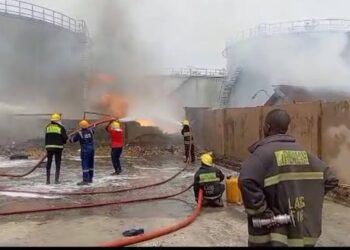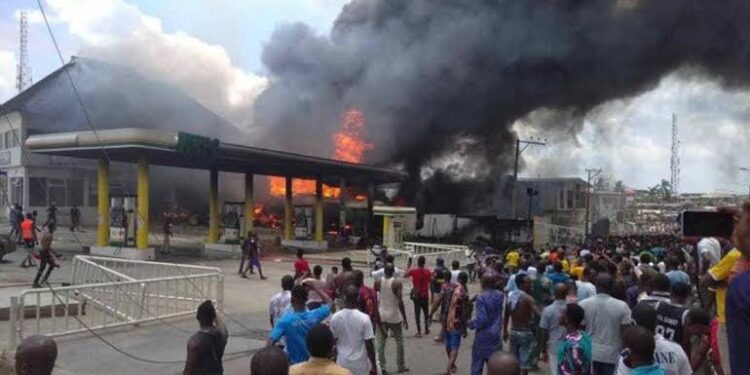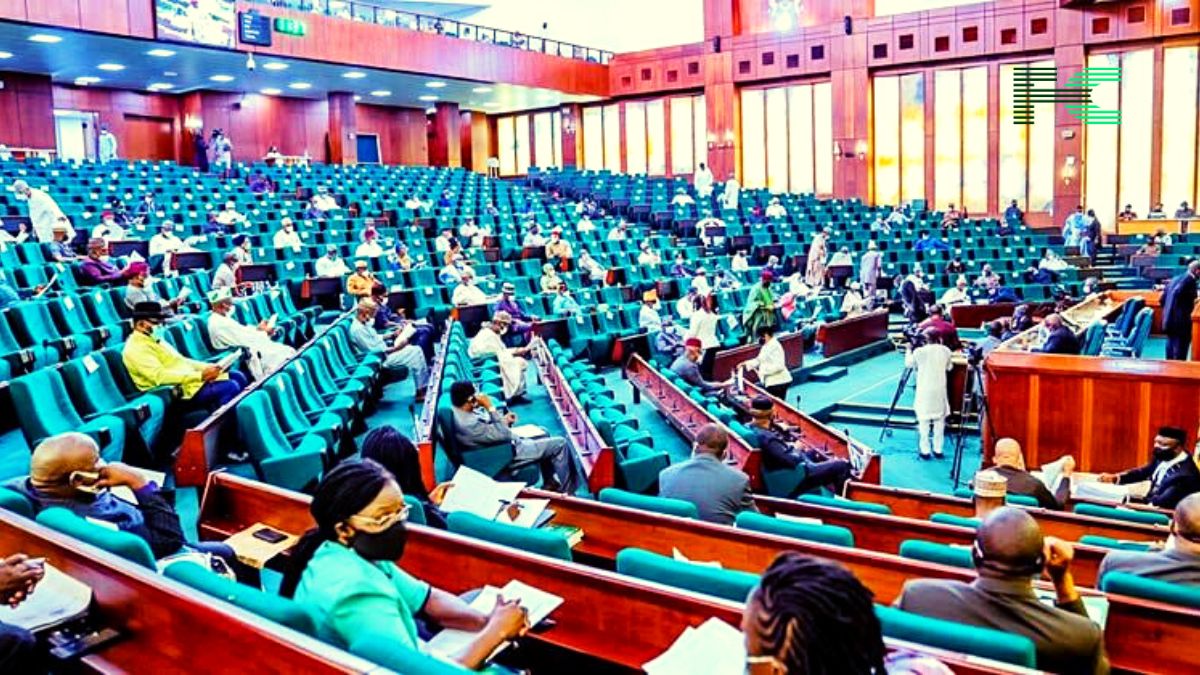A dispute has arisen between the Lagos State Fire Service and the Nigerian National Petroleum Corporation Limited (NNPCL) regarding a fire outbreak at the new NNPC Terminal, formerly OVH, located on Kayode Street, Marine Beach, Apapa. This has led to confusion about the fire’s exact location.
Lagos State Fire Service Claim
The Lagos State Fire and Rescue Service reported on Friday afternoon that it was responding to a fire outbreak at the new NNPC Terminal. The Director of Public Affairs disclosed to Punch that they received an alert about the fire.

A statement issued by the Director/CEO of the state fire service, Margaret Adeseye, around 1 pm on Friday stated, “The fire resulted from a spillage of petroleum products within the perimeter of the tank farm. Concerted efforts with various emergency responders within the oil and gas industry are ongoing to contain the situation.”
Dispute Over the Fire
However, NNPCL denied that the incident occurred at its depot, asserting that the fire originated from a pipeline at Honeywell Oil and Gas (HOGL).
NNPCL spokesperson, Olufemi Soneye, stated, “It is not at the NNPC, but at HOGL. The fire is at a pipeline at HOGL. The fire has since been extinguished. It’s at the Honeywell depot but it has now been extinguished. Not NNPC,” in messages sent to our correspondent. He described the Lagos State Fire Service report as “false.”
Why It Matters
The subsidization of fuel scarcity across the country has been largely due to NNPCL’s efforts to maintain sufficient petrol reserves. A fire at the NNPC depot would significantly impact fuel availability, exacerbating the issue of fuel scarcity. Therefore, the dispute between the Lagos State Fire Service and NNPCL could be an attempt to mitigate public panic regarding potential fuel shortages due to the fire outbreak.
Bottom Line
Clarifying the true location and cause of the fire is crucial to ensuring accurate public information and addressing any potential impacts on fuel supply. The conflicting reports from the Lagos State Fire Service and NNPCL highlight the need for clear communication and coordinated response in emergency situations within critical infrastructure sectors.

















